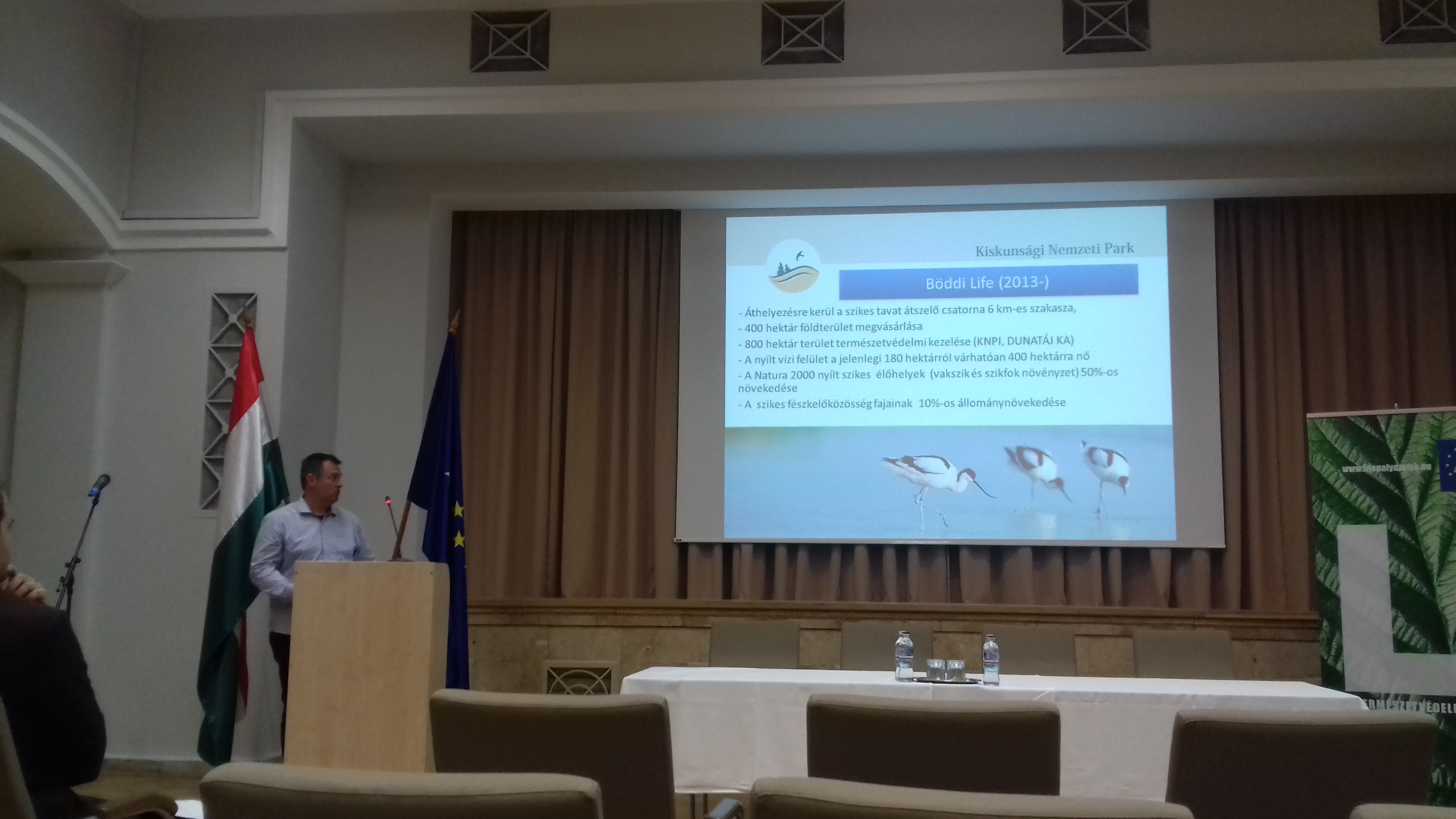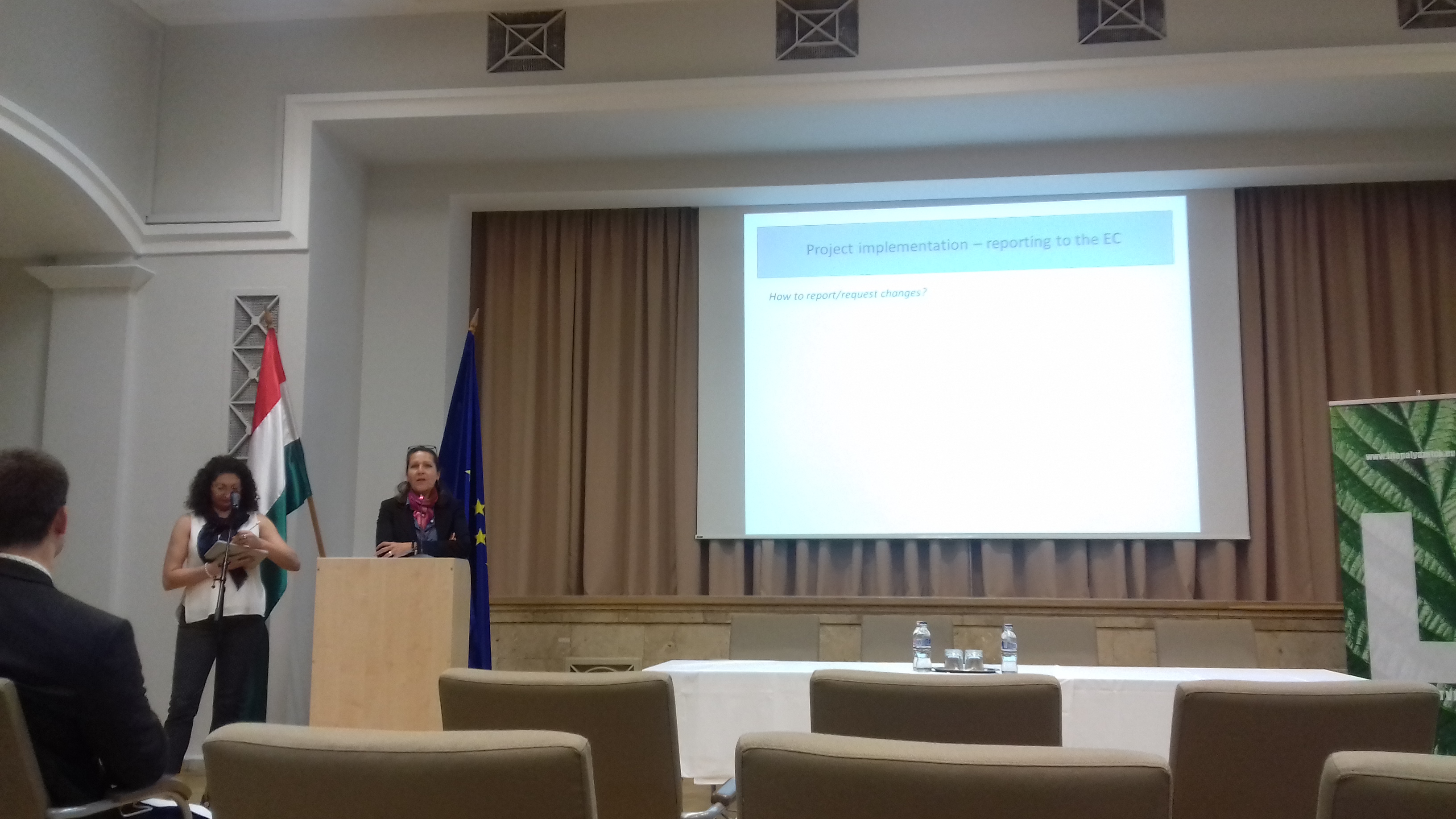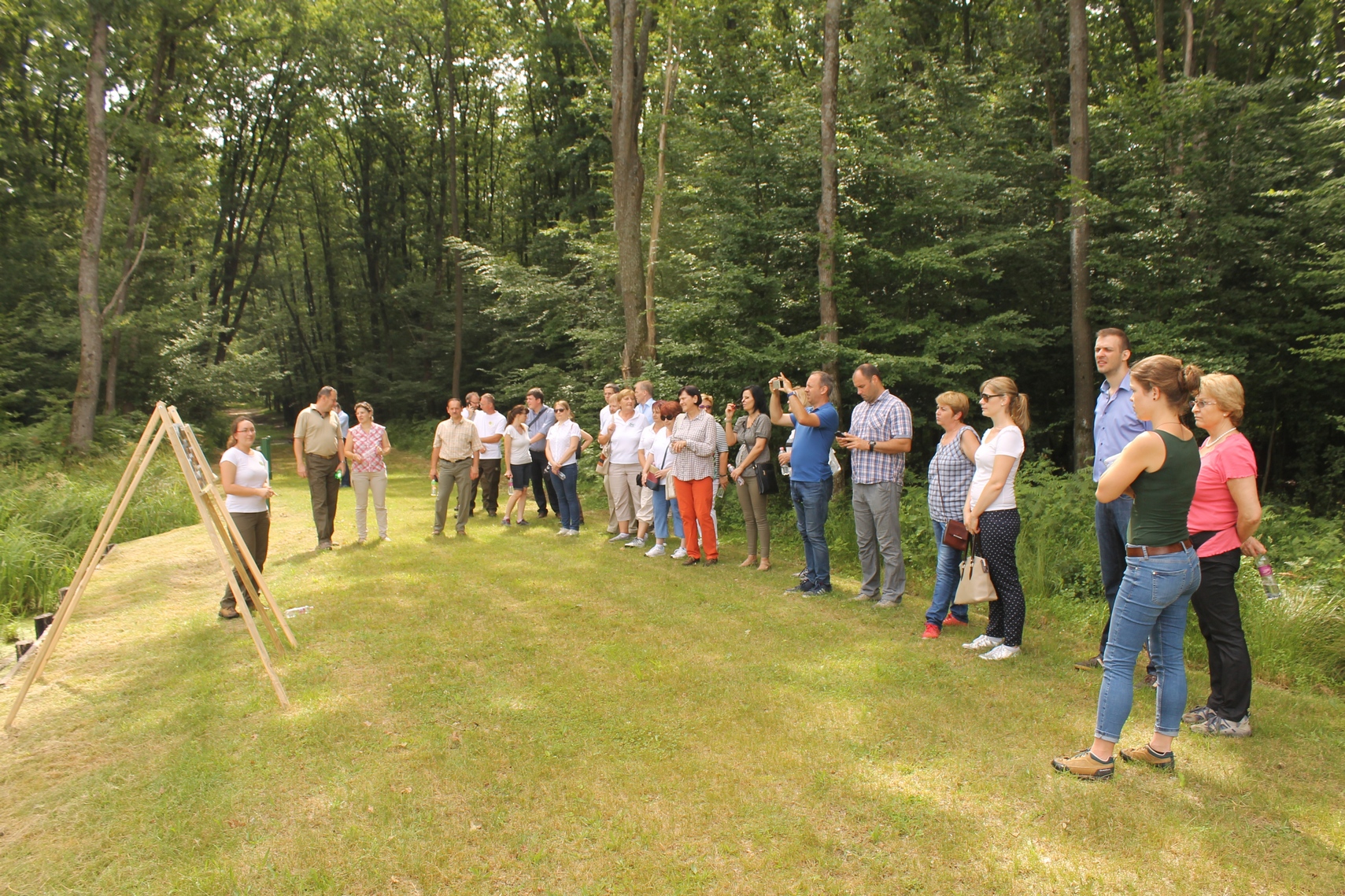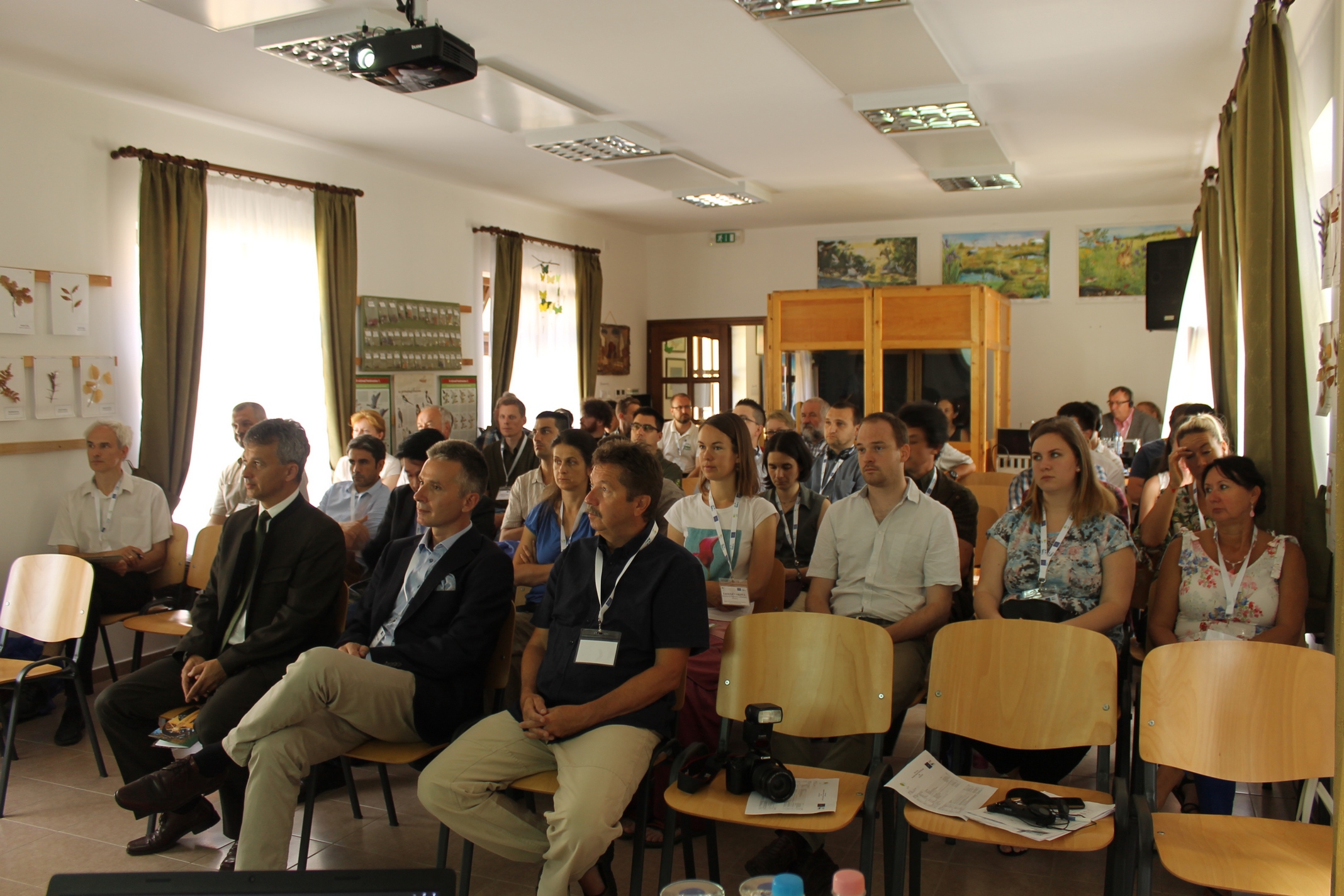
- Details
Between 5th August and 10th August a forestry camp was organised by KASZÓ Ltd. Pupils who are interested in nature and particularly in forests could take part in the camp.
During their stay they could get acquainted with forest environment, animals, and forestry. Their knowledge was broadened through presentation of tools and other occupations in the field. At the end of the week Mr. László Horváth took student to a guided tour to the restored Kűvölgy Lakes - which were renewed in the framework of the KASZÓ-LIFE project - to provide pupils with information on forestry and other related professions such as environmental protection and the importance of hunting. While walking along the “Erdőkerülő” education trail pupils could see the work that was done during the implementation of the project.
- Details
In order to plan and include new tasks and to extend the timeframe of the monitoring period we initiated the extension of project.
We received the contract modifications today, thus the detailed habitat mapping, the removing chumps of the lake bed in Lake Kűvölgy #4, and the installation of the ultrasonic animal alarm system to protect dams can be started.
The closure of project has been modified to 31th December 2018.
- Details
Similarly to previous years, the progress of the project has been supervised.
Among others, we discussed the work we completed in the previous years, tasks to attend until the closure, the results we gained though tree-ring analysis, water wales, condition of dams, as well as the removing chumps, that was included in the second modification of contract.
- Details
A guided tour was organised for the financial directors of public forestry authorities and workers from the Ministry of Agriculture.
During the programme Mr László Horváth gave a general overview of the Kaszó-forest, emphasized the necessity of the programme and gave information on further objectives. During the tour we demonstrated the work carried out at Lakes Kűvölgy, Lake Bükk, Lake Baláta, our monitoring activity and inspected a water wale. Later, on the “Erdőkerülő” educational trail we discussed our obligation to provide information on the project.

- Details
The KASZÓ Ltd. together with the NAIK Forest Research Institute organised an international conference titled “Water in Forests” in the framework of the KASZÓ-LIFE project in Kaszó between 29th May 2018 and 30th May 2018. 53 participants, mainly forestry and conservation specialists as well as water experts, from 5 countries were present.
First, Mr István Lábodi project manager and Mr Gábor Galamb executive director of KASZÓ Ltd. greeted the guests, and then Dr. Attila Borovics director of NAIK Forest Research Institute made the first presentation on the effects of climate change on forests. The agenda for the first day included presentations on various topics such as the water demand of forests, the extreme water balance conditions in the Carpathian Basin, the wellbeing of forests and the negative effects on the narrow-leafed ash. Later in the day, the audience could get acquainted with the nature conservation efforts that were completed within the framework of KASZÓ-LIFE project and see the outcome that was obtained by inspecting the results of activities. Later in the afternoon project sites were inspected to reflect on previous presentations. The restauration project and development of the lakes in Kűvölgy into a four-lake complex were described on the spot. Everybody could inspect the impacts of scientific activity at a common oak and an alder monitoring spot. The last station was a wale on intermittent streams for increasing water retention.
The second day’s agenda included topics like the spread of invasive insect species and projects that study the impacts of climate change.
Participants could gain first-hand experience by visiting the Peszér-forest near Kecskemét, Hungary and inspecting the conservation and restoration works of natural habitats carried out within the OAKEY-LIFE project. The following presentation explained the link between the water management practice and common oak trees on the Croatian side of the Dráva River and gave information on the problems caused by the constant lowering of ground-water levels. A subsequent presentation reported on the Hungarian-Slovakian joined project that strives to restore the floodplains of the River Danube around the Small Rye Island in Hungary and the Great Rye Island in Slovakia. Two presentations discussed the conditions of the River Tisza to give information on the restoration of the river bed’s delivery capacity along with the re-generation of forests that are situated in the floodplains that flooded for 40-60 days annually. Participants could learn about a Polish project that aims to maintain grasslands by grazing sheep. The list of presentations also included one on the protection of wetlands in the Turján-land.
The schedule of the conference included 16 presentations: 5 international and 11 Hungarian.
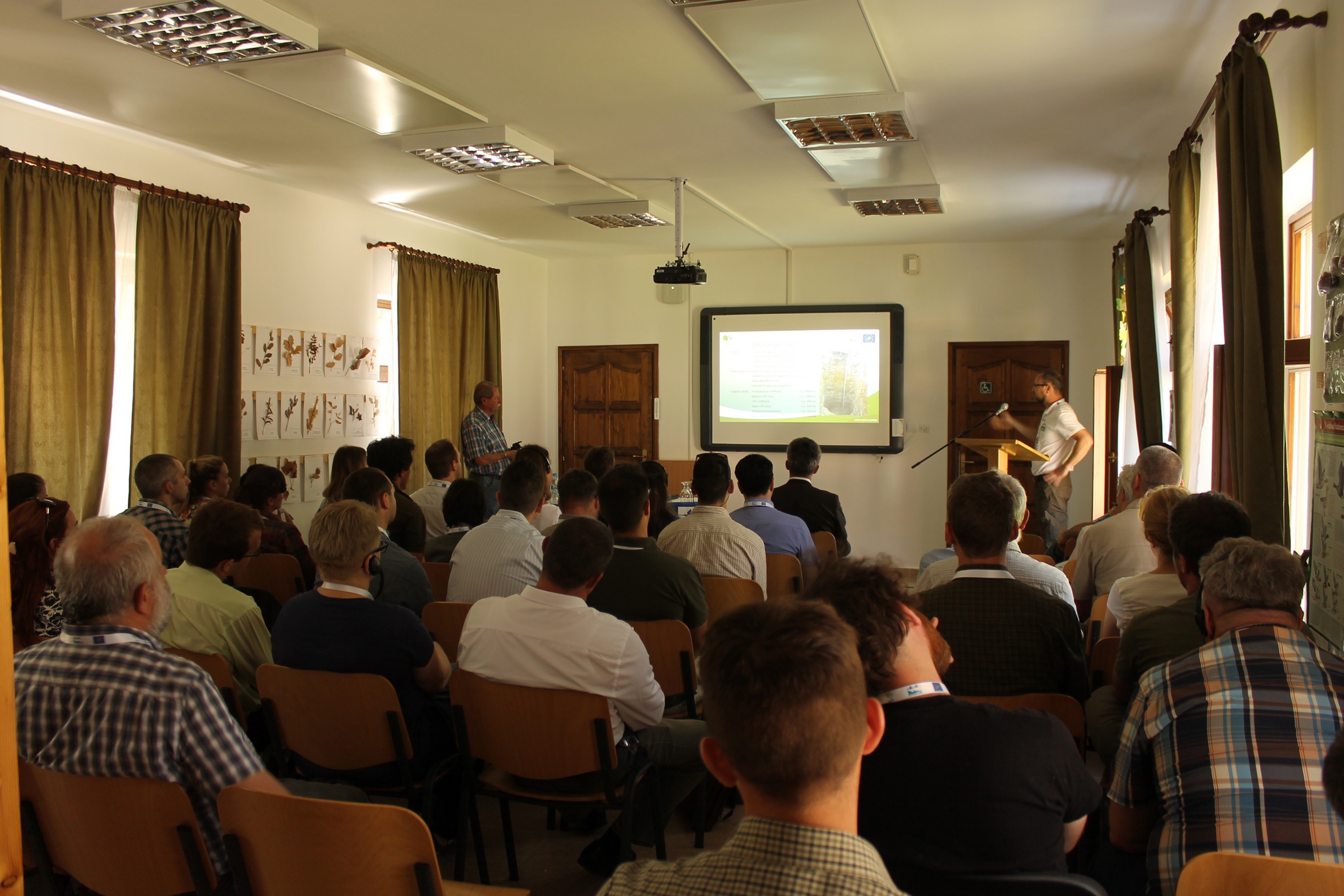
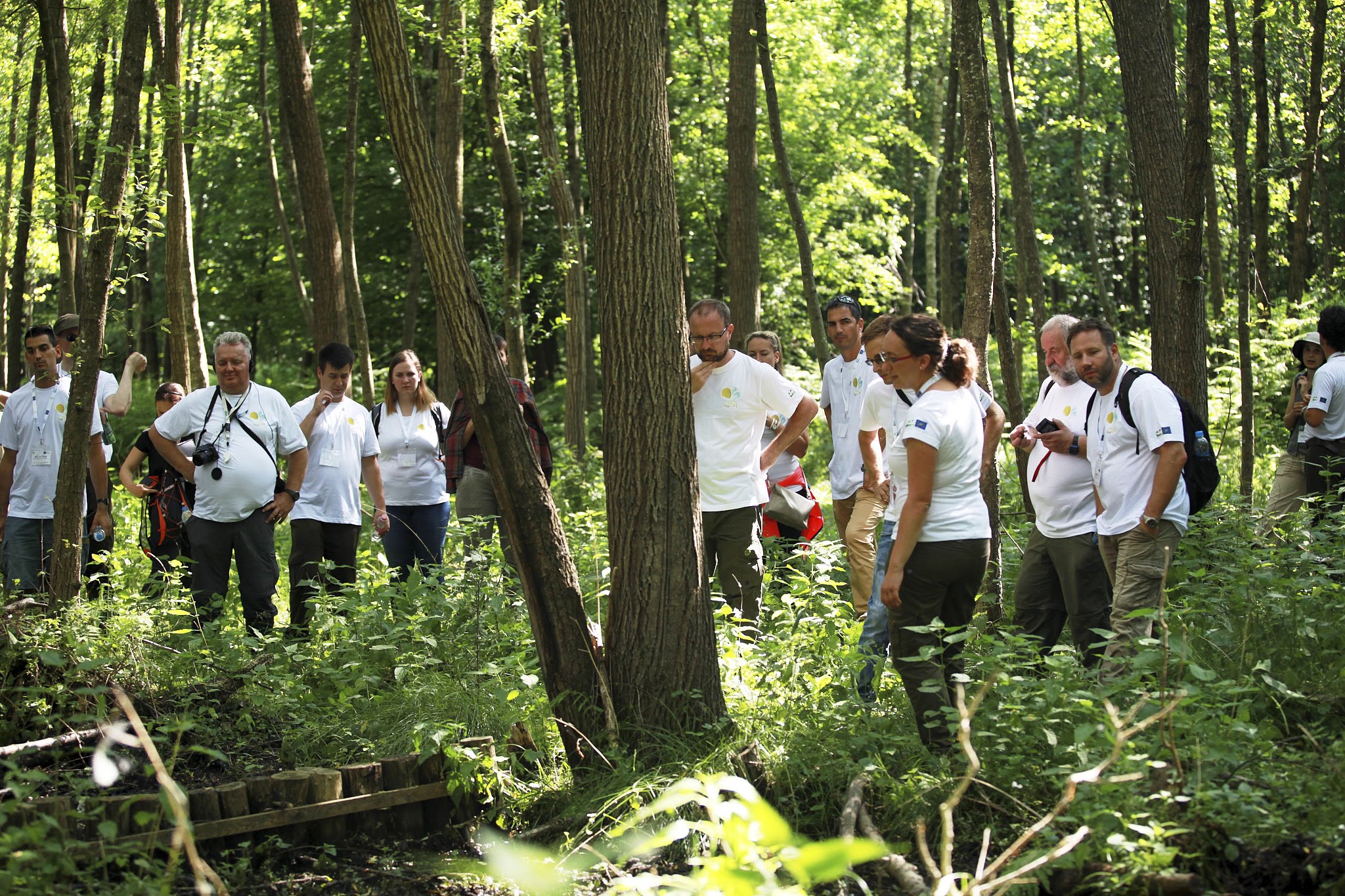
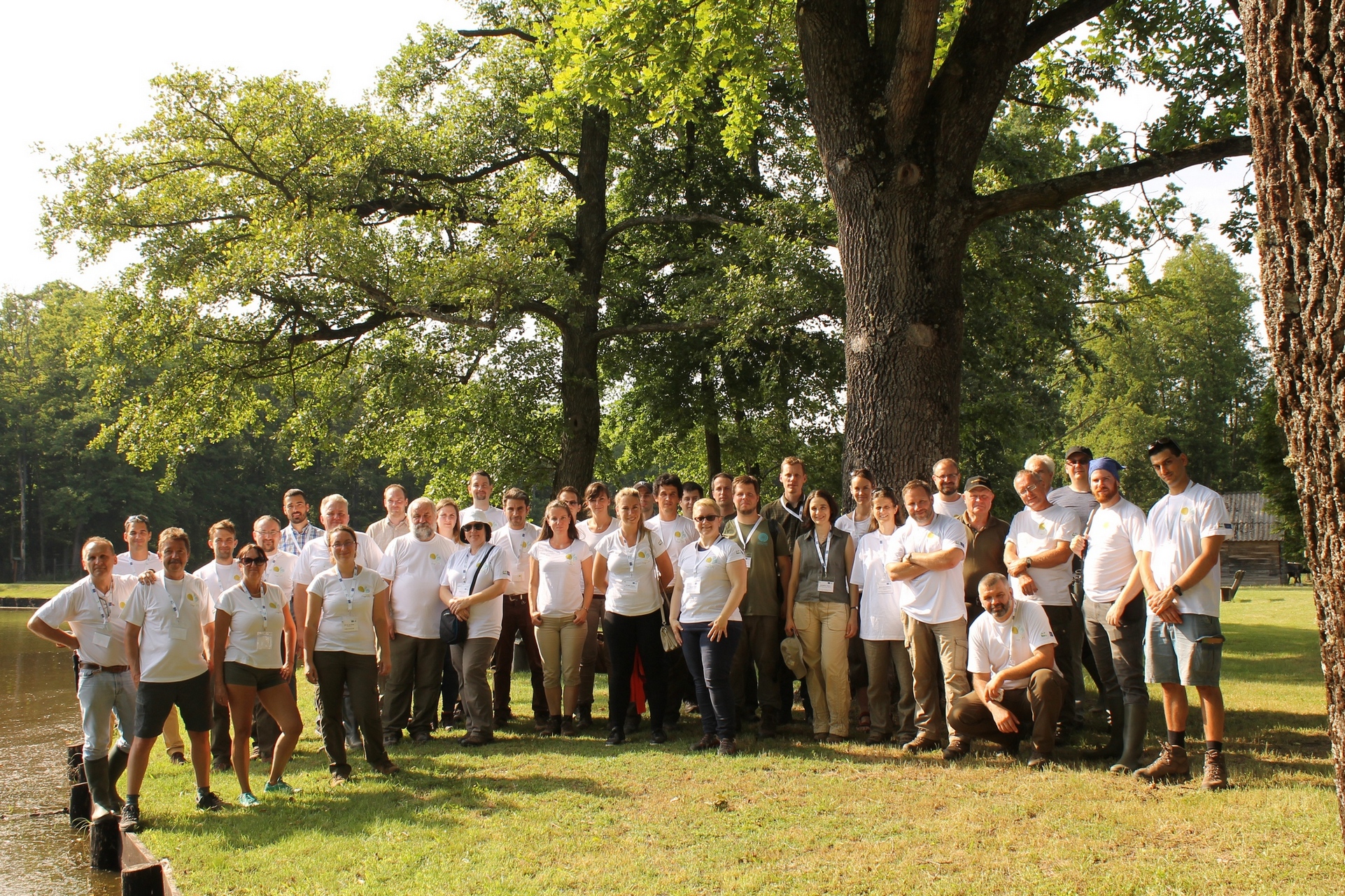
- Details
The nature conservation training of the “LIFE capacity building in Hungary” was organised in Budapest.
Over the day we could enjoy presentations on LIFE project. Besides giving general information, presenters highlighted the possible problems that occur during the implementation of various projects, from which we could gain further experience.
